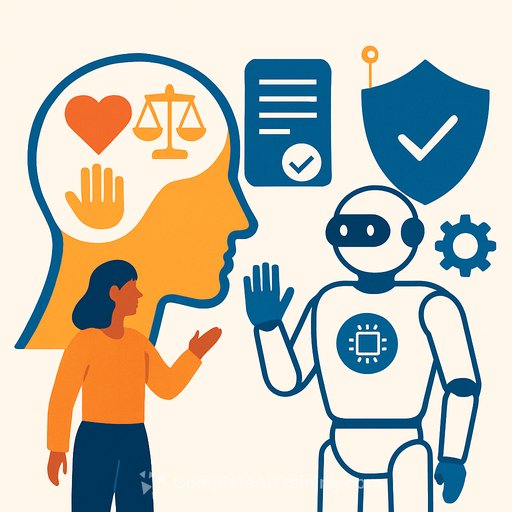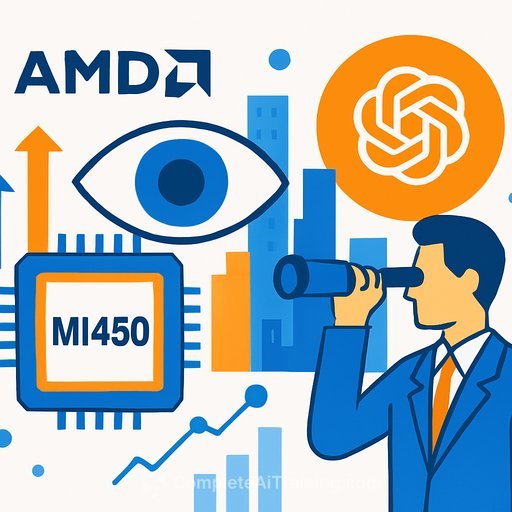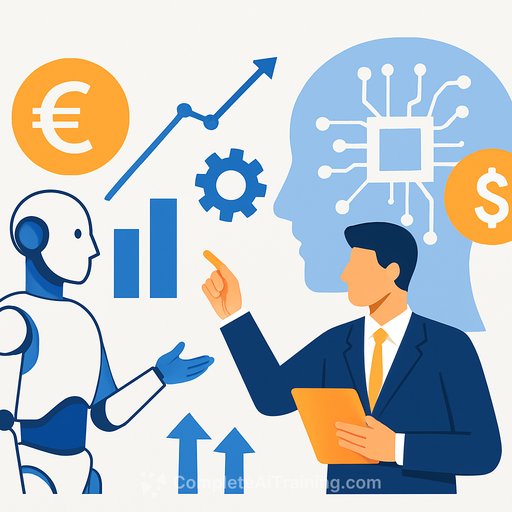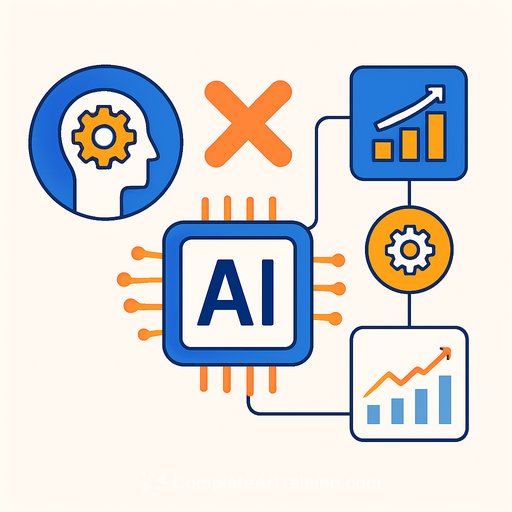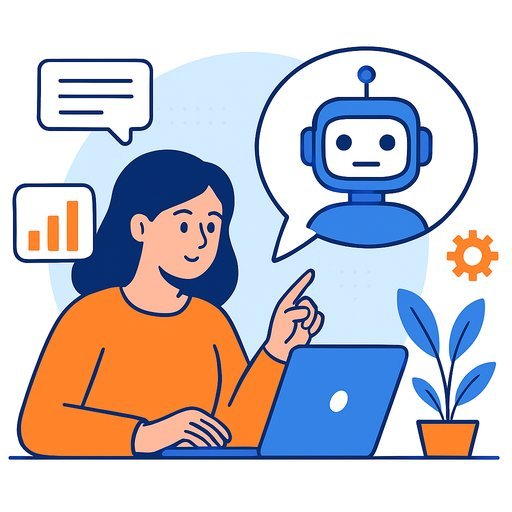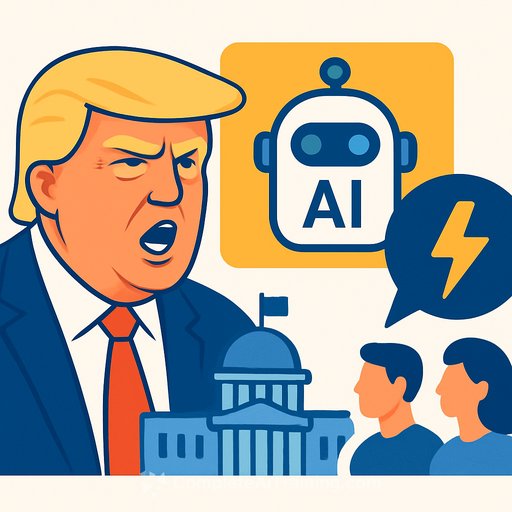Why We Need Standards to Protect Human Life and Values in AI
AI and autonomous systems are increasingly part of daily life, making ethical design a critical requirement—not just a philosophical question. From self-driving cars to AI-driven pricing, the decisions made by algorithms can have serious effects on safety, fairness, and trust.
Yet, most developers lack a formal process for integrating ethics into their work, and consumers rarely know how AI systems make decisions. For example, a self-driving car faced with a sudden obstacle may prioritize passenger safety over a pedestrian’s life—or not. Similarly, online shoppers might see prices tailored to maximize profit rather than fairness.
Market vs. Regulation: The Role of Standards
Should ethics in AI be governed by market forces or government regulation? Standards offer a middle ground: voluntary, but powerful tools that shape technology and business practices. The Institute of Electrical and Electronics Engineers (IEEE), a global organization with over 400,000 members, has a track record of enabling technologies through neutral standards like Wi-Fi (IEEE 802.11) and Ethernet (IEEE 802.3).
Standards can enable interoperability and market growth. For example, Bluetooth became a global success after its creators chose to make it a standard rather than a proprietary technology. Meanwhile, similar technologies that relied on licensing struggled to gain traction.
The IEEE 7000 Series: Embedding Ethics in Technology
The IEEE 7000 family of standards provides structured methods for incorporating human values into technology design. At its core, IEEE 7000-2021 offers a process to identify ethical concerns, engage stakeholders, and translate values into measurable technical requirements.
Other standards in the series address specific challenges:
- IEEE 7001 – Transparency in autonomous systems
- IEEE 7002 – Data privacy processes
- IEEE 7003 – Mitigating algorithmic bias
- IEEE 7004 – Governance of child and student data
Further standards are in development, covering AI nudging, well-being, and ethics in extended reality. This suite offers a framework to build technology that earns public trust and serves long-term social interests.
However, the standards currently do not explicitly address ethical business practices or consumer financial protections such as pricing discrimination or deceptive online tactics. That gap suggests the need for complementary frameworks to fully protect consumers.
Why Now? The Growing Stakes of Ethical AI
AI increasingly influences health, safety, jobs, and civic life. Unchecked biases in loan approvals or surveillance tools can cause real harm. Engineers need practical tools—not just policies—to embed ethics into the design process.
The IEEE 7000 process encourages asking:
- Who is affected and how do we involve them?
- What ethical values are relevant (privacy, justice, autonomy)?
- How can these values be translated into measurable requirements?
- How do we handle trade-offs, like privacy versus personalization?
- How do we adapt ethics as systems evolve?
The process also demands documentation and management commitment, ensuring ethics are part of governance, not an afterthought.
Practical Applications of IEEE 7000
While adoption is still limited, some organizations are using IEEE 7000 to guide ethical design:
Vienna’s Citizen Services Portal
The city of Vienna applied IEEE 7000 principles in its "Mein Wien" platform, focusing on accessibility, trust, and user control. Instead of overwhelming features, the design prioritized clarity and consent, making digital services genuinely user-friendly.
Autonomous Vehicles and Public Transit
Pilot programs for autonomous shuttles are exploring how to balance safety, equity, and efficiency. For example, should a shuttle reroute to avoid hazards even if it impacts punctuality? The NC Department of Transportation and City of Cary’s Connected Autonomous Shuttle Supporting Innovation (CASSI) project is one such initiative applying ethics to real-world autonomous transit.
Healthcare AI
AI diagnostic systems in research labs are using IEEE 7000 to define fairness in patient outcomes, reduce bias in training data, and increase transparency in clinical recommendations—building trust with clinicians and patients alike.
Challenges to Widespread Adoption
Despite promising frameworks, IEEE 7000 is not yet widespread. Few companies have dedicated resources or expertise to ethical design, and many treat ethics as a checkbox rather than a core feature. There is a shortage of trained professionals who understand both technology and ethics.
However, some governments and organizations in Europe are beginning to adopt IEEE 7000 for certification and procurement. Universities like Stanford and Carnegie Mellon incorporate these standards into AI education. Startups and developers have an opportunity to create tools that measure and audit ethical compliance.
Still, without regulatory pressure or strong market demand, ethical design risks remaining voluntary. Large platforms with dominant market power might define ethics on their own terms, limiting broader adoption and innovation.
Why Ethical Design Should Matter to You
As AI systems gain autonomy in industries from finance to infrastructure, embedding ethics is crucial. IEEE 7000 offers a blueprint for building systems that uphold human values, not just profit margins.
For product developers and entrepreneurs, adopting ethical standards can build trust and differentiate products. Regulators can use these frameworks to align technology with public interest without needing deep technical expertise. And for everyone, ethical design means living with technology that respects us.
Consumers have a role too: demand products that follow ethical standards and avoid those that don’t. Engineers should push for ethical design reviews and audits. Ethical design must become a fundamental product feature.
Autonomous systems are making decisions once reserved for humans. Our responsibility is to ensure those decisions reflect clarity, empathy, and purpose—and that starts today in the design room.
For those looking to expand their knowledge and skills in AI and ethical development, consider exploring specialized training and certification programs. Resources like Complete AI Training certifications can help equip you to lead in ethical AI design.
Your membership also unlocks:

